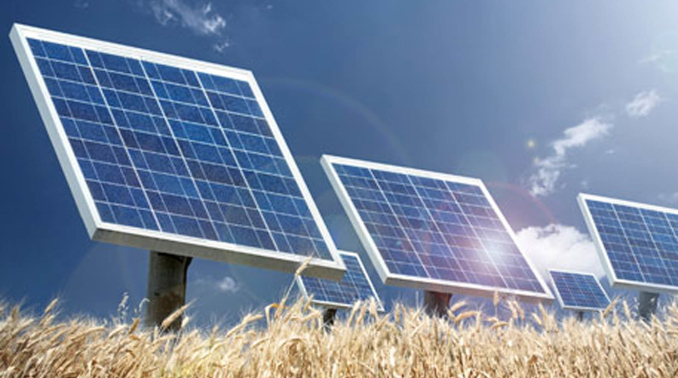
By John Friend
In early June, Joe Biden announced a two-year tariff exemption on imports of solar panels originating in Thailand, Vietnam, Malaysia, and Cambodia, which had been subjected to a strict investigation and tariff enforcement policy by the Commerce Department, which feared trade violations involving some of the manufacturers. Commerce officials believe many of the panels and subsequent components being imported violated anti-dumping laws that restrict imports from China.
Long touted as a clean and reliable source of energy, one that can easily complement existing traditional energy sources in homes, businesses, and other facilities, the solar panel industry has faced a severe shortage of physical panels as well as other components. The tariff exemption may relieve that shortage, but other problems remain.
Increasing “green energy” production is a key aspect of Biden’s energy and environmental policy, yet questions remain as to how efficient and effective solar power and other forms of renewable energy will be in an advanced industrial economy with massive energy needs.
Biden also invoked the Defense Production Act to bolster domestic production of solar panels, component parts, and building installation materials.
“He is putting the full force of the federal government behind supporting American clean energy producers,” press secretary Karine Jean-Pierre told reporters after Biden announced the new policy.
Industry insiders welcomed the tariff exemption as well as the federal money and promised resources.
Biden’s actions “protect existing solar jobs, will lead to increased employment in the solar industry and foster a robust solar manufacturing base here at home,” Abigail Ross Hopper, CEO of the Solar Energy Industries Association, said.
How far these new policies will go in preventing predicted energy blackouts and outages remains to be seen.



